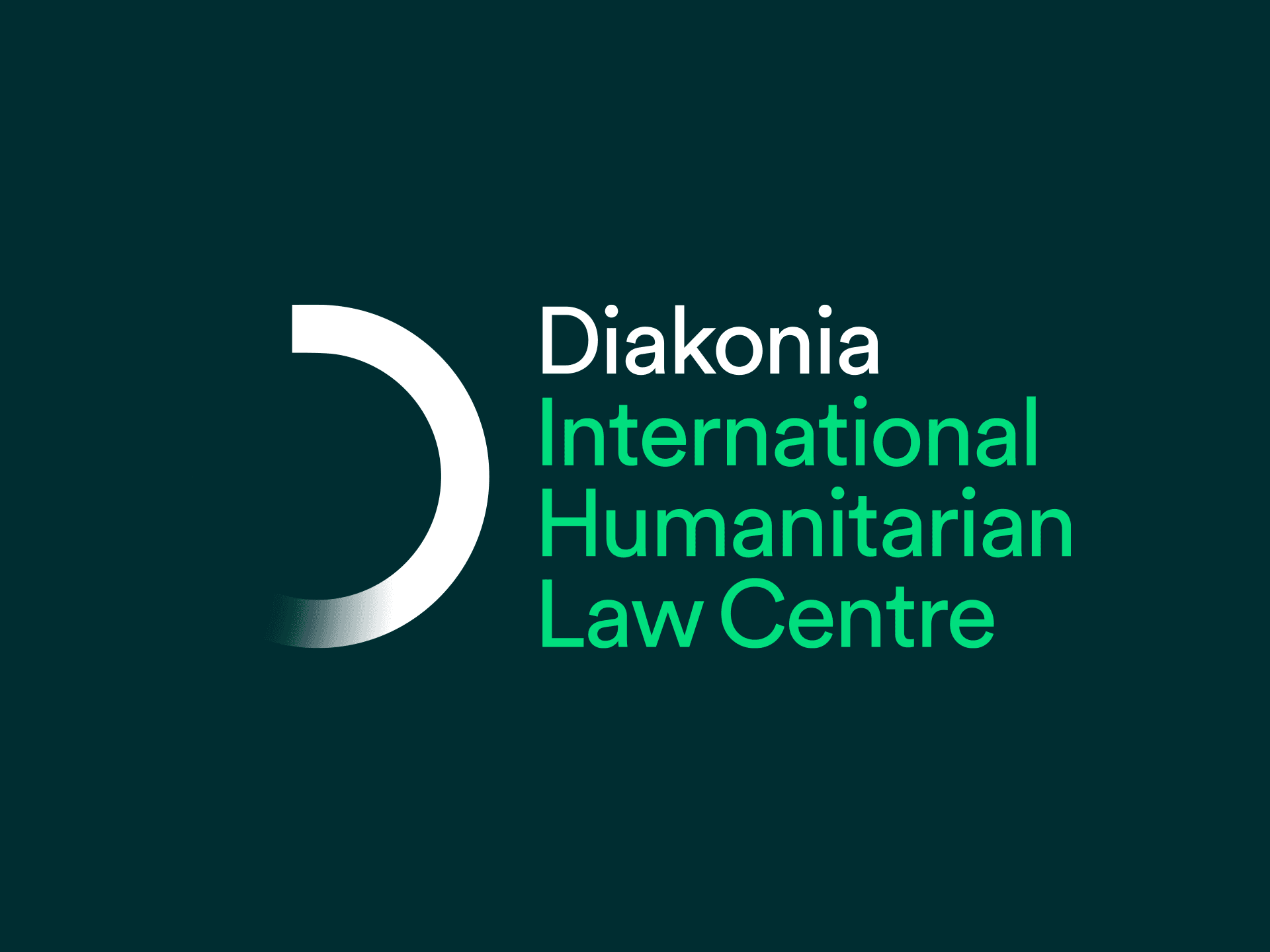
Escalation Of Hostilities in Amhara, Ethiopia
15 February 2024Nairobi, 15 February 2024
The Diakonia International Humanitarian Law Centre is deeply concerned about the recent escalation of violence and potential violations of human rights and international humanitarian law (IHL), in the conflict between the Ethiopian National Defense Force (ENDF) and the “Fano” decentralized militias in the Amhara region of Ethiopia.
Full press release:
According to eyewitness testimonies and multiple reports, ENDF soldiers have been implicated in the killing of over 50 civilians in Merawi town during house-to-house searches following intense clashes with the Fano. The Ethiopia Human Rights Commission claims the death toll is closer to 80. The killings took place across two days, beginning on 29 January. Eyewitnesses report seeing bodies left on the road with execution-style bullet wounds to the head. The reported atrocities in Merawi represent some of the gravest incidents documented since the outbreak of the conflict last April, which has claimed hundreds of lives. It is notable that this is not the first time ENDF solders have been accused of committing summary executions. Last September, similar reports emerged from Majete in Amhara, where approximately two dozen civilians were reportedly killed during ENDF-led house-to-house searches following clashes with Fano militia.
Both human rights and IHL (a body of law that only applies during armed conflict) forbid acts such as summary execution, murder, violence to the life, health and physical or mental wellbeing of persons, including, acts or threats of violence aimed at spreading terror among the civilian population. Ethiopia, under the African Charter on Human and People’s Rights, is required to safeguard the right to life of individuals within its jurisdiction, to take all necessary measures to prevent arbitrary killings, to conduct prompt, impartial, thorough and transparent investigations of suspicious deaths and all killings, including by state agents, and to hold accountable individuals or groups responsible for such violations of the right to life. Furthermore, collective punishment, or the imposition of penalties on a group for the actions of other individuals, is explicitly prohibited under IHL.
The ENDF has also been accused of using of explosive weapons, such as shells, and drone airstrikes in highly populated areas, resulting in civilian casualties, injuries, and substantial destruction to civilian objects, buildings, and essential infrastructure in urban centres, like Finote Selam, and Wegel Tena in Amhara.
All parties involved in the conflict are obligated to adhere to IHL, which dictates that military operations must be conducted with strict respect for civilian lives and civilian infrastructure. Particularly, it is prohibited to target civilians. Throughout the duration of the conflict, parties must differentiate between civilians and combatants (fighters), ensuring that attacks are solely directed at legitimate military objectives. Parties should refrain from using explosive weapons with a wide impact area in densely populated areas due to the significant likelihood of indiscriminate effects.
The Diakonia IHL Centre condemns all acts of violence against civilians and calls on all parties to adhere to their obligations under human rights and IHL. This includes refraining from acts of terror, collective punishment, summary executions, murder, and violence to the life of persons not participating in hostilities, while prioritizing the protection of civilians. As a humanitarian organization committed to upholding human rights, IHL, and fostering compliance with international law, the Diakonia IHL Centre urges immediate investigations into reported incidents, ensuring accountability for perpetrators and justice for victims and their families.
For questions regarding this statement, please contact:
Diakonia International Humanitarian Law Centre
Global Desk (East and Central Africa)